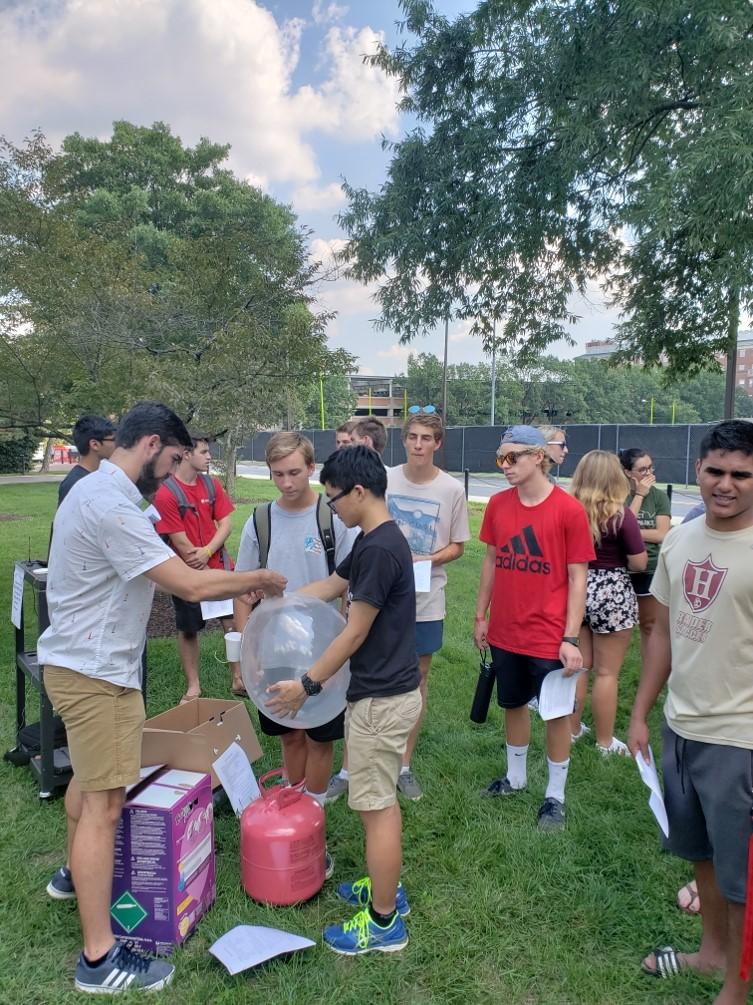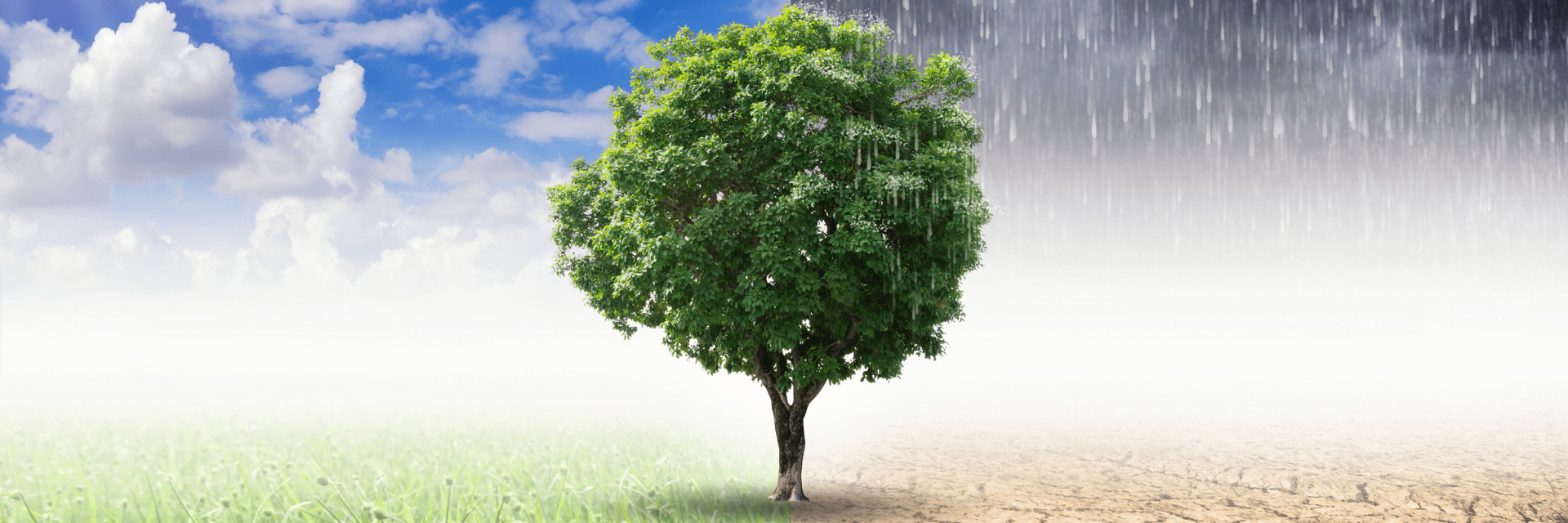Weather & Climate
What are weather and climate?

Climate change is a phrase that evokes strong emotions. An environmentalist says the planet is going to melt tomorrow while a politician makes a snowball and says everything is fine. Some of those talking the loudest about climate change don’t know what climate is and how it’s different from weather. We will learn the basics of weather and climate.
You can expect to:
- Examine fundamental issues such as the greenhouse effect, severe weather, and global weather patterns and how these factors are affected by a changing climate.
- Meet some of the top climate and weather researchers from NASA and NOAA.
- Work in teams on research projects making observations, analyzing data and reporting your findings.
Community Course
AOSC200C: Weather and Climate. Provides a broad survey of the state of knowledge and problems of atmospheric science. Topics covered include: origin and structure of the atmosphere, meteorological observations, weather maps, forecasting, satellites, severe weather, climate change and air pollution. This course meets the General Education requirements of I-Series and Natural Sciences.
The course students take as part of Weather and Climate is a small section in a larger University course. Students in the Weather and Climate community will have a discussion section dedicated to them and taught by Prof. Canty.
Carillon Faculty
 Tim Canty is an associate research professor in the Department of Atmospheric & Oceanic Science where he serves as director of the department’s undergraduate and professional master’s programs. Before coming to Maryland he was a research scientist at NASA’s Jet Propulsion Laboratory and a lecturer in the Department of Atmospheric and Oceanic Sciences at UCLA. His research focuses on air quality science and policy, atmospheric composition, and climate change. He recently co-authored The Paris Climate Agreement: Beacon of Hope. The book presents the first comprehensive assessment of the Paris Climate Agreement tied to a climate model developed by the authors. He is on a research team that recently received a University of Maryland Grand Challenges institutional grant: Addressing Climate Challenges for a Sustainable Earth.
Tim Canty is an associate research professor in the Department of Atmospheric & Oceanic Science where he serves as director of the department’s undergraduate and professional master’s programs. Before coming to Maryland he was a research scientist at NASA’s Jet Propulsion Laboratory and a lecturer in the Department of Atmospheric and Oceanic Sciences at UCLA. His research focuses on air quality science and policy, atmospheric composition, and climate change. He recently co-authored The Paris Climate Agreement: Beacon of Hope. The book presents the first comprehensive assessment of the Paris Climate Agreement tied to a climate model developed by the authors. He is on a research team that recently received a University of Maryland Grand Challenges institutional grant: Addressing Climate Challenges for a Sustainable Earth.

